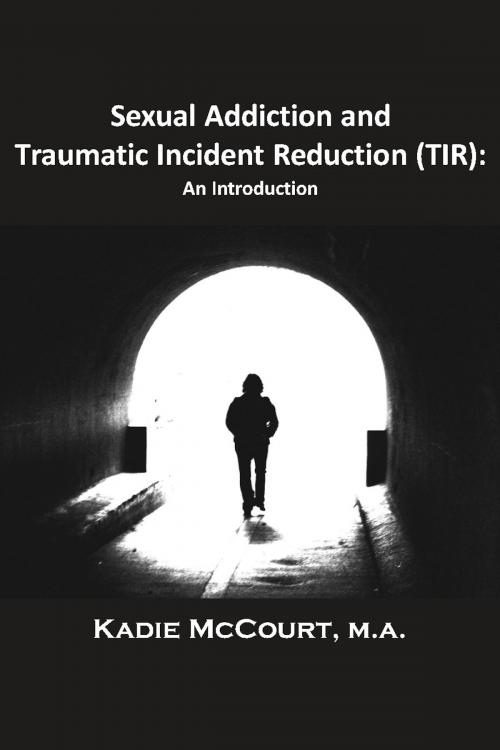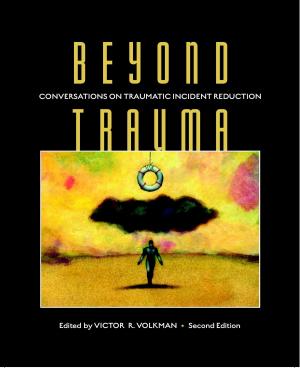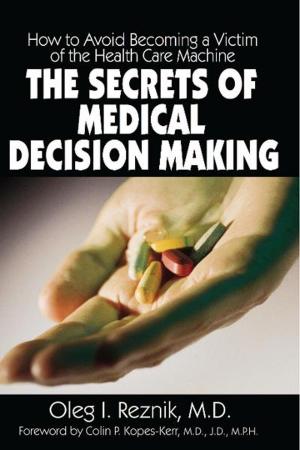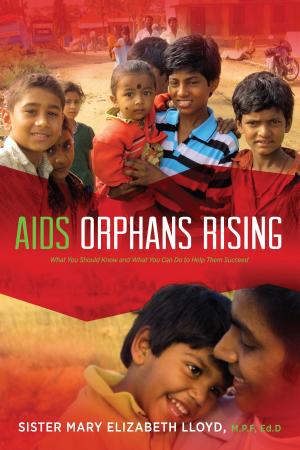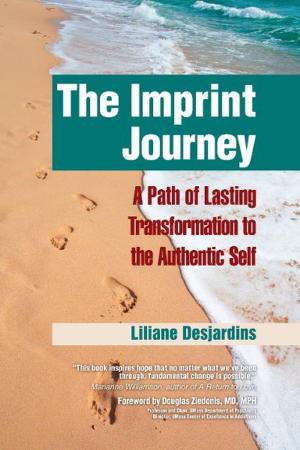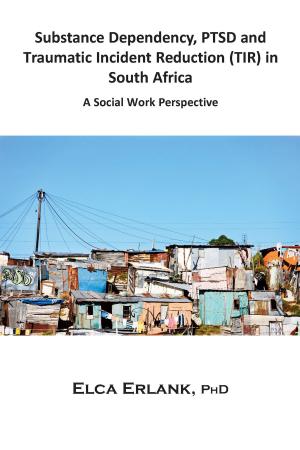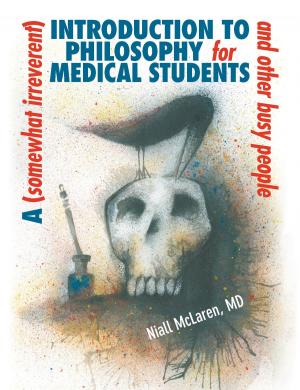Sexual Addiction and Traumatic Incident Reduction (TIR)
An Introduction
Nonfiction, Health & Well Being, Psychology, Counselling, Compulsive Behaviour, Addictions| Author: | Kadie McCourt | ISBN: | 9781615998739 |
| Publisher: | Loving Healing Press | Publication: | March 17, 2012 |
| Imprint: | Language: | English |
| Author: | Kadie McCourt |
| ISBN: | 9781615998739 |
| Publisher: | Loving Healing Press |
| Publication: | March 17, 2012 |
| Imprint: | |
| Language: | English |
"Sexual addiction is strongly anchored in shame and trauma. Research conducted over the past fifteen years has consistently shown the prevalence of emotional, physical and sexual abuse in this population" (Cox & Howard, 2007, p. 1). As well, there is also high co-morbidity of sexual addiction with other addictive disorders. An additional layer of sexual addiction is the underlying shame associated with the actions and behaviors the client engages in for this addiction. This intense shame is likely to fuel and perpetuate the cycle of the addiction. With such a strong link, it is important for clinicians to address the underlying trauma while assisting clients with sexual addiction (Cox & Howard, 2007).
To assist clients in overcoming a sexual addiction there are minimal options. Unlike gambling where absolute abstinence from the behavior is the desired effect, this type of a decision regarding sex will hinder a healthy relationship. One strategy is to use a Sexual Boundary Plan (Weiss, 2004). Fortunately, with Traumatic Incident Reduction (TIR) and related techniques, this is not the only strategy to assist clients with a sexual addiction.
It is important to remember that a sexual addiction is similar to alcoholism in that the individual uses sex to cope with pain and numb difficult feelings. For the sex addict, sex is mood altering like a drug, and the individual needs more and more to achieve the same elevated feeling. Often this results in more frequent sexual behaviors and increased risks. Sex becomes the focus in a person's life and thus there is no room for healthy relationships. In addition to abuse experiences, other traumas for the sexual addict are betrayal, abandonment or rejection. "If the betrayal is severe enough, trauma results. Fear and terror become the catalyst that allows betrayal to move into the area of trauma" (Cox & Howard, 2007, p.6).
From the Metapsychology Monographs Series
Learn more at www.TIRBook.com
"Sexual addiction is strongly anchored in shame and trauma. Research conducted over the past fifteen years has consistently shown the prevalence of emotional, physical and sexual abuse in this population" (Cox & Howard, 2007, p. 1). As well, there is also high co-morbidity of sexual addiction with other addictive disorders. An additional layer of sexual addiction is the underlying shame associated with the actions and behaviors the client engages in for this addiction. This intense shame is likely to fuel and perpetuate the cycle of the addiction. With such a strong link, it is important for clinicians to address the underlying trauma while assisting clients with sexual addiction (Cox & Howard, 2007).
To assist clients in overcoming a sexual addiction there are minimal options. Unlike gambling where absolute abstinence from the behavior is the desired effect, this type of a decision regarding sex will hinder a healthy relationship. One strategy is to use a Sexual Boundary Plan (Weiss, 2004). Fortunately, with Traumatic Incident Reduction (TIR) and related techniques, this is not the only strategy to assist clients with a sexual addiction.
It is important to remember that a sexual addiction is similar to alcoholism in that the individual uses sex to cope with pain and numb difficult feelings. For the sex addict, sex is mood altering like a drug, and the individual needs more and more to achieve the same elevated feeling. Often this results in more frequent sexual behaviors and increased risks. Sex becomes the focus in a person's life and thus there is no room for healthy relationships. In addition to abuse experiences, other traumas for the sexual addict are betrayal, abandonment or rejection. "If the betrayal is severe enough, trauma results. Fear and terror become the catalyst that allows betrayal to move into the area of trauma" (Cox & Howard, 2007, p.6).
From the Metapsychology Monographs Series
Learn more at www.TIRBook.com
